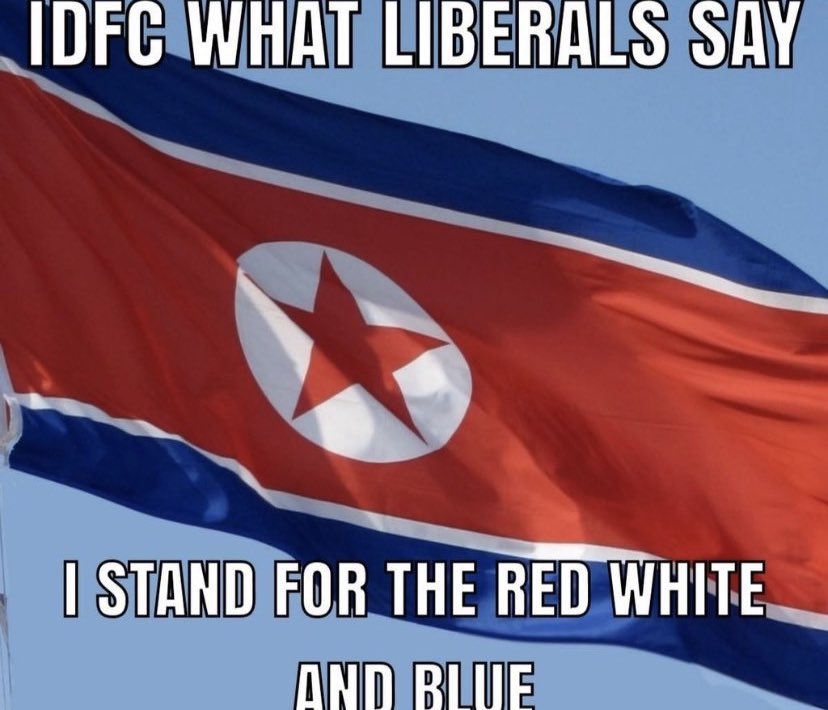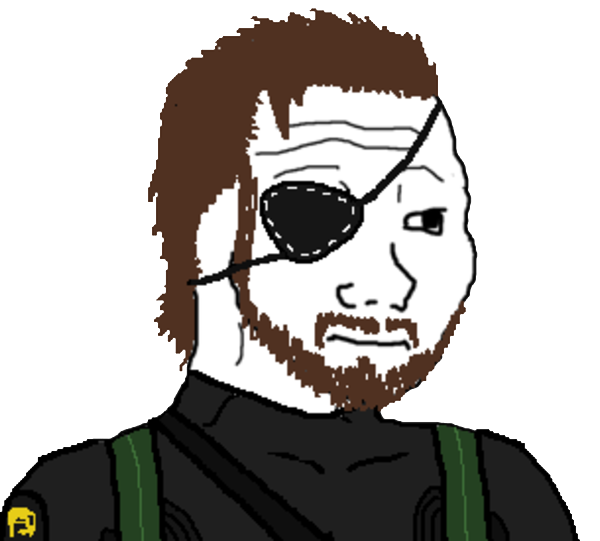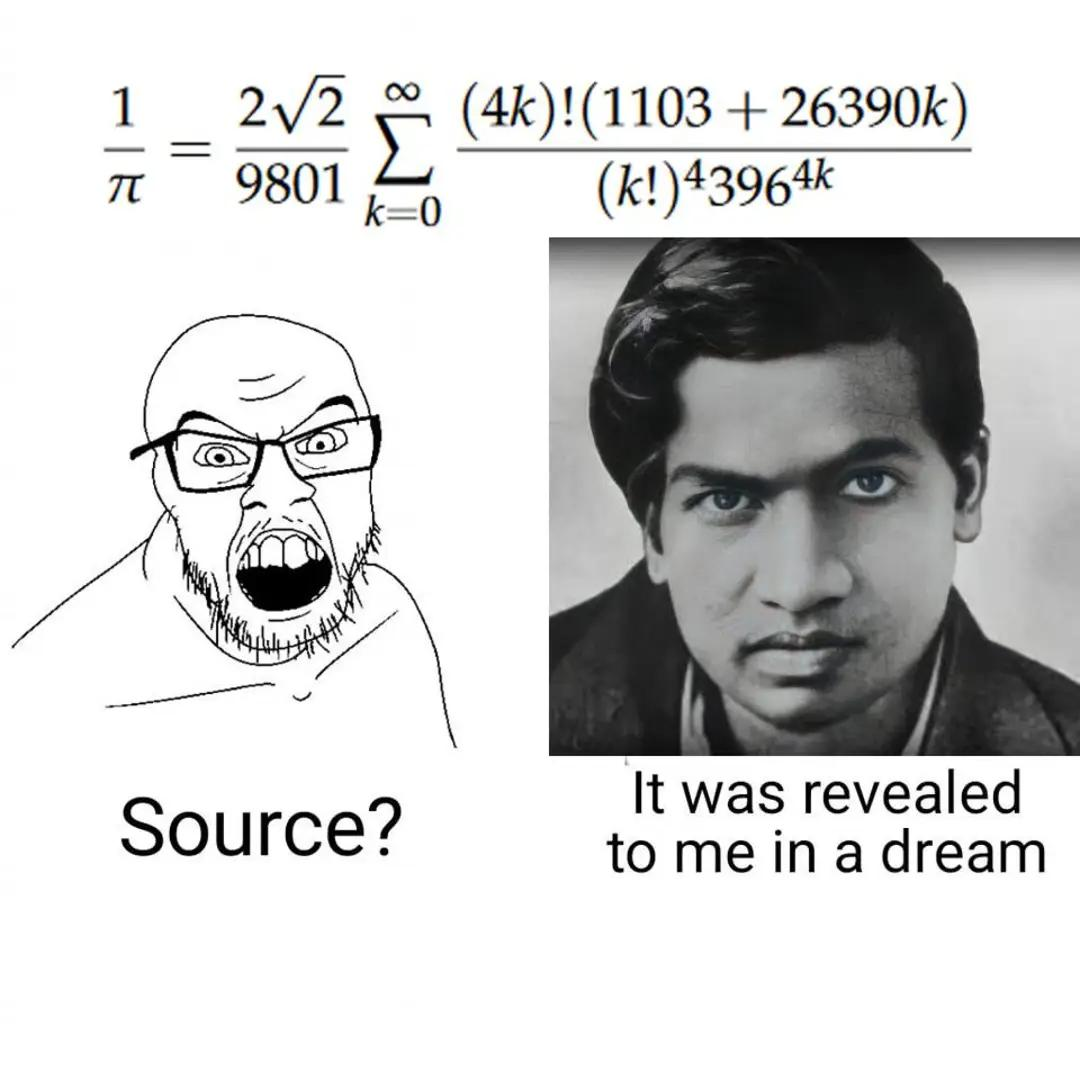Operation Bagration was the codename for the 1944 Soviet Belorussian Strategic Offensive Operation, a military campaign fought between 22 June and 19 August 1944 in Soviet Byelorussia in the Eastern Front of World War II, just over 2 weeks after the start of Operation Overlord in the west, causing the Germans to have to fight on two major fronts at the same time. The Soviet Union destroyed 28 of 34 divisions of Army Group Centre and completely shattered the German front line. It was the biggest defeat in German military history and the fifth deadliest campaign in Europe, killing around 450,000 soldiers, while 300,000 others were cut off in the Courland Pocket.
On 22 June 1944, the Red Army attacked Army Group Centre in Byelorussia, with the objective of encircling and destroying its main component armies. By 28 June, the German Fourth Army had been destroyed, along with most of the Third Panzer and Ninth Armies.The Red Army exploited the collapse of the German front line to encircle German formations in the vicinity of Minsk in the Minsk Offensive and destroy them, with Minsk liberated on 4 July. With the end of effective German resistance in Byelorussia, the Soviet offensive continued on to Lithuania, Poland and Romania over the course of July and August.
The Red Army successfully used the Soviet deep battle and maskirovka (deception) strategies for the first time to a full extent, albeit with continuing heavy losses. Operation Bagration diverted German mobile reserves to the central sectors, removing them from the Lublin-Brest and Lvov–Sandomierz areas, enabling the Soviets to undertake the Lvov–Sandomierz Offensive and Lublin–Brest Offensive. This allowed the Red Army to reach the Vistula river and Warsaw, which in turn put Soviet forces within striking distance of Berlin, conforming to the concept of Soviet deep operations—striking into the enemy's strategic depths.
Operation Bagration, in combination with the neighbouring Lvov-Sandomierz Offensive, launched a few weeks later in Ukraine, allowed the Soviet Union to recapture Belorussia and Ukraine within its 1941 borders, advance into German East Prussia, but more importantly, the Lvov-Sandomierz operation allowed the Red Army to reach the outskirts of Warsaw after gaining control of Poland east of the Vistula river. The campaign enabled the next operation, the Vistula–Oder Offensive, to come within sight of the German capital. The Soviets were initially surprised at the success of the Belorussian operation which had nearly reached Warsaw. The Soviet advance encouraged the Warsaw uprising against the German occupation forces.
The battle has been described as the triumph of the Soviet theory of the "operational art" because of the complete coordination of all the strategic front movements and signals traffic to fool the enemy about the target of the offensive. The military tactical operations of the Red Army successfully avoided the mobile reserves of the Wehrmacht and continually "wrong-footed" the German forces. Despite the massive forces involved, Soviet front commanders left their adversaries completely confused about the main axis of attack until it was too late.
This was by far the greatest Soviet victory in numerical terms. The Red Army recaptured a vast amount of Soviet territory and occupied some Baltic and Polish territory whose population had suffered greatly under the German occupation. The advancing Soviets found cities destroyed, villages depopulated, and much of the population killed or deported by the occupiers. To show the outside world the magnitude of the victory, some 57,000 German prisoners, taken from the encirclement east of Minsk, were paraded through Moscow: even marching quickly and twenty abreast, they took 90 minutes to pass.
The German army never recovered from the materiel and manpower losses sustained during this time, having lost about a quarter of its Eastern Front manpower, exceeding even the percentage of loss at Stalingrad (about 17 full divisions). These losses included many experienced soldiers, NCOs and commissioned officers, which at this stage of the war the Wehrmacht could not replace. An indication of the completeness of the Soviet victory is that 31 of the 47 German divisional or corps commanders involved were killed or captured. Of the German generals lost, nine were killed, including two corps commanders; 22 captured, including four corps commanders; Major-General Hans Hahne, commander of 197th Infantry Division disappeared on 24 June, while Lieutenant-Generals Zutavern and Philipp of the 18th Panzergrenadier and 134th Infantry Divisions committed suicide.
The near-total destruction of Army Group Centre was very costly for the Germans. Exact German losses are unknown but newer research indicates around 400,000 casualties. Soviet losses were also substantial, with 180,040 killed and missing, 590,848 wounded and sick, together with 2,957 tanks, 2,447 artillery pieces and 822 aircraft also lost. The offensive cut off Army Group North and Army Group North Ukraine from each other and weakened them as resources were diverted to the central sector. This forced both Army Groups to withdraw from Soviet territory much more quickly when faced with the following Soviet offensives in their sectors.
The end of Operation Bagration coincided with the destruction of many of the strongest units of the Wehrmacht engaged against the Allies on the Western Front in the Falaise Pocket in Normandy, during Operation Overlord. After these stunning victories, supply problems rather than German resistance slowed the Allies exploitation and it eventually stopped. The Germans were able to transfer armoured units from the Italian front, where they could afford to give ground, to resist the Soviet advance near Warsaw.
This was one of the largest Soviet operations of WWII with 2.3 million troops engaged, three Axis armies eliminated and vast amounts of Soviet territory recaptured.
Megathreads and spaces to hang out:
- 📀 Come listen to music and Watch movies with your fellow Hexbears nerd, in Cy.tube
- 🔥 Read and talk about a current topics in the News Megathread
- ⚔ Come talk in the New Weekly PoC thread
- ✨ Talk with fellow Trans comrades in the New Weekly Trans thread
reminders:
- 💚 You nerds can join specific comms to see posts about all sorts of topics
- 💙 Hexbear’s algorithm prioritizes comments over upbears
- 💜 Sorting by new you nerd
- 🌈 If you ever want to make your own megathread, you can reserve a spot here nerd
- 🐶 Join the unofficial Hexbear-adjacent Mastodon instance toots.matapacos.dog
Links To Resources (Aid and Theory):
Aid:
Theory:
I hope that one day I will make a post as iconic as "o the pelican"
Show
🎆
Show🎆
it was almost comically hard to find a gif of the flag burning
I am once again asking for people to stop treating therapy as a panacea, or even a particularly good solution, for people's interpersonal problems.
Also, when you put "i only date people who are in therapy" in your dating profile take a moment to consider the economic and intersectional significance of that statement; who can afford therapy, who is allowed to have access to therapy, who is treated with dignity and respect in therapy. Not saying don't do it, but take a moment to reflect on all the social and economic assumptions you're making with that statement.
this is so fucking cringe but i honestly just want to be held right now
Attention all
 heads - part three of the Spanish Civil War series dropped and Chris provided an update on Matt's condition. Because he's still dealing with aphasia he won't be able to record the last part of the series, so instead they're turning the scripts for all four parts into an actual book.
heads - part three of the Spanish Civil War series dropped and Chris provided an update on Matt's condition. Because he's still dealing with aphasia he won't be able to record the last part of the series, so instead they're turning the scripts for all four parts into an actual book.(cw mention of SA)
spoiler
I'm never going to vote for her and she'd be a horrible president, but it just occurred to me that there is a way in which swapping in Kamala would be a legitimate improvement over all the other choices: she'd be the only major candidate who doesn't have a rape allegation.
The real reason Germany mandates censorship of Nazi imagery in video games is because they dislike the idea of their citizens fighting against their national symbols.
 :germany-cool:
:germany-cool:I have come to realise that I only live for temporary pleasures and hedonism and I have no goals in life.
I went on a trip to Valencia to visit friends. I had a great time and really enjoyed myself. But I realised all my friends were taking a break from what they want to be doing in their lives, and I was doing what I want to be doing.
My friends all have partners they are very committed to and love very much. They have jobs they enjoy and hobbies they work on. They have places they want to visit and things they want to achieve.
I don't really have any of that. I work to earn enough money to live. I spend my free time socialising and playing video games and walking my dog and drinking. I don't really have any dreams. I've lost all motivation to advance my politics. I'm seeing college through out of obligation rather than passion.
I guess it's a different manifestation of my depression. When I was a teenager I was extremely sad all the time and very suicidal. Now I'm just kinda fine. The highs aren't that high and the lows aren't that low. I don't want to end my life, I just don't really care too much what I do with it.
I hope one day I can have some kind of drive to make something of myself. It's not that I'm content with where I'm at, it's that I don't care enough to make any changes.
Me watching Hasan (mistake already) call the DPRK government a "theocratic monarchy" in his "this is an obvious fact" tone of voice and then still gets comments calling him a north korea tankie kim jong un apologist. Like dude the liberals in your chat are going to always be liberals if you just cater to them. I still don't get why leftist discourse on the DPRK does this, the whole Kim Jong Un is god propaganda is literally what drives all the misinformation.

Daily reminder to never cede ground to liberal sensitivity, ever.
















